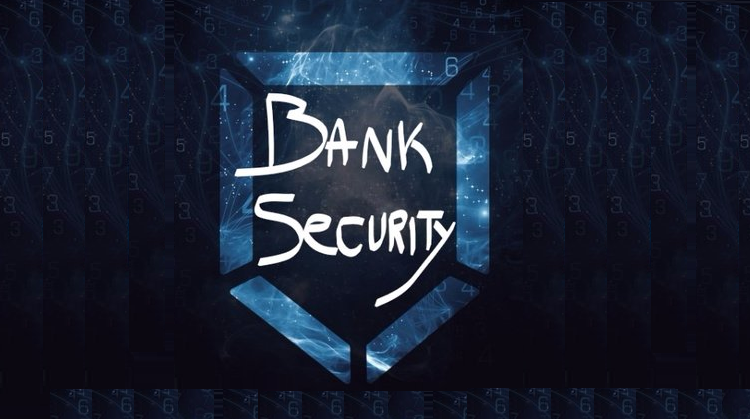-
A vulnerability in Cisco Prime Collaboration Provisioning (PCP) Software could allow an unauthenticated, local attacker to log in to the underlying Linux operating system.
The vulnerability is due to a hard-coded account password on the system. An attacker could exploit this vulnerability by connecting to the affected system via Secure Shell (SSH) using the hard-coded credentials. A successful exploit could allow the attacker to access the underlying operating system as a low-privileged user. After low-level privileges are gained, the attacker could elevate to root privileges and take full control of the device.
Note: Although this vulnerability has a Common Vulnerability Scoring System (CVSS) Base score of 5.9, which is normally assigned a Security Impact Rating (SIR) of Medium, there are extenuating circumstances that allow an attacker to elevate privileges to root. For these reasons, the SIR has been set to Critical.
Cisco has released software updates that address this vulnerability. There are no workarounds that address this vulnerability.
This advisory is available at the following link:
https://tools.cisco.com/security/center/content/CiscoSecurityAdvisory/cisco-sa-20180307-cpcp
-
Vulnerable Products
This vulnerability affects Cisco Prime Collaboration Provisioning (PCP) Software Release 11.6 only. No prior builds are affected by this vulnerability.
In Cisco PCP 11.6 and 12.1, administrators can determine the current PCP Software release from the GUI:
- Log in to PCP
- Click the settings icon near the top right of the screen
- Click About
The release information is also displayed on the login screen.
Products Confirmed Not Vulnerable
No other Cisco products are currently known to be affected by this vulnerability.
-
There are no workarounds that address this vulnerability.
-
Cisco has released free software updates that address the vulnerability described in this advisory. Customers may only install and expect support for software versions and feature sets for which they have purchased a license. By installing, downloading, accessing, or otherwise using such software upgrades, customers agree to follow the terms of the Cisco software license:
https://www.cisco.com/c/en/us/products/end-user-license-agreement.htmlAdditionally, customers may only download software for which they have a valid license, procured from Cisco directly, or through a Cisco authorized reseller or partner. In most cases this will be a maintenance upgrade to software that was previously purchased. Free security software updates do not entitle customers to a new software license, additional software feature sets, or major revision upgrades.
When considering software upgrades, customers are advised to regularly consult the advisories for Cisco products, which are available from the Cisco Security Advisories and Alerts page, to determine exposure and a complete upgrade solution.
In all cases, customers should ensure that the devices to be upgraded contain sufficient memory and confirm that current hardware and software configurations will continue to be supported properly by the new release. If the information is not clear, customers are advised to contact the Cisco Technical Assistance Center (TAC) or their contracted maintenance providers.
Customers Without Service Contracts
Customers who purchase directly from Cisco but do not hold a Cisco service contract and customers who make purchases through third-party vendors but are unsuccessful in obtaining fixed software through their point of sale should obtain upgrades by contacting the Cisco TAC:
https://www.cisco.com/c/en/us/support/web/tsd-cisco-worldwide-contacts.htmlCustomers should have the product serial number available and be prepared to provide the URL of this advisory as evidence of entitlement to a free upgrade.
To read the original articlehttps://tools.cisco.com/security/center/content/CiscoSecurityAdvisory/cisco-sa-20180307-cpcp
